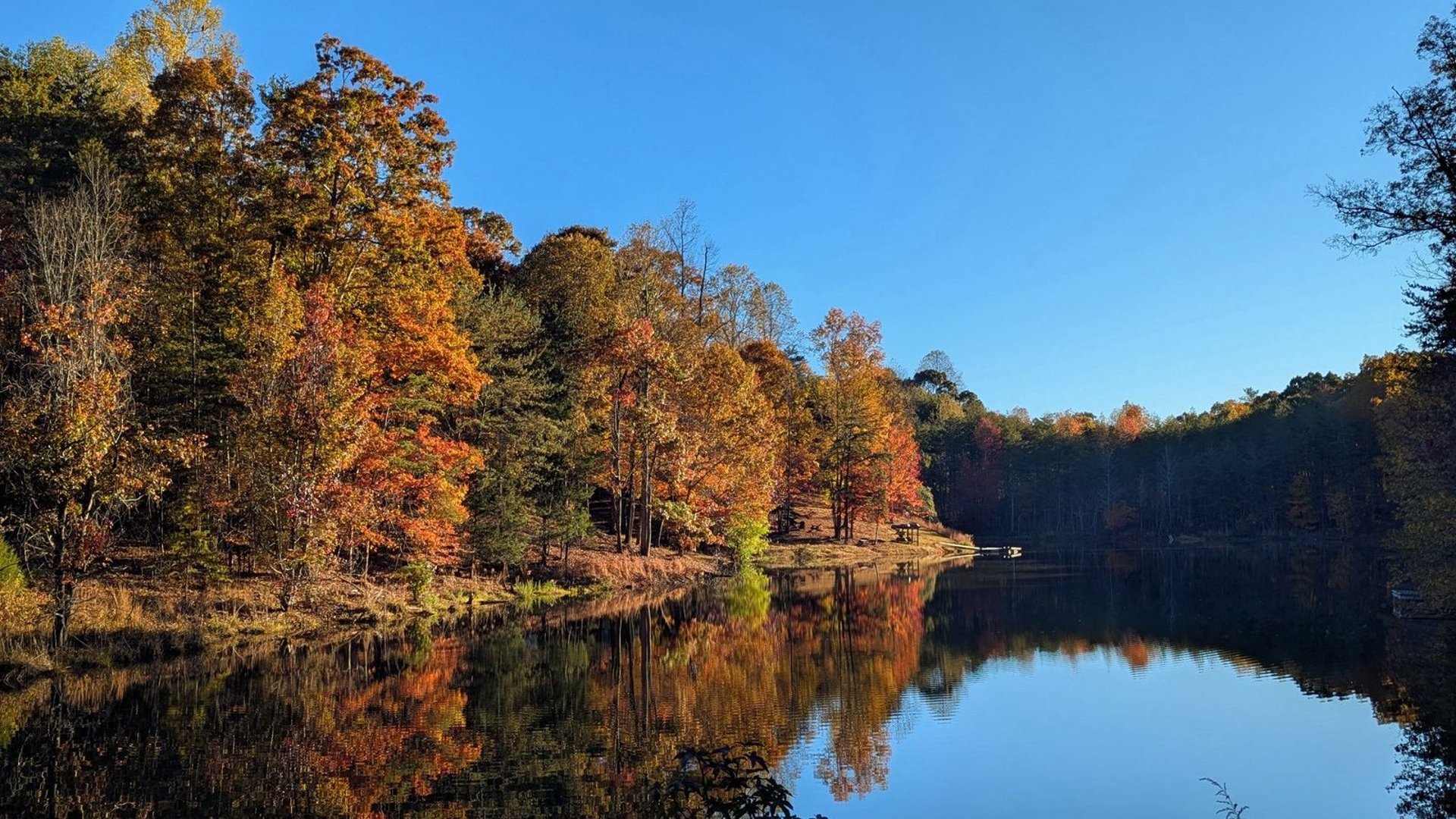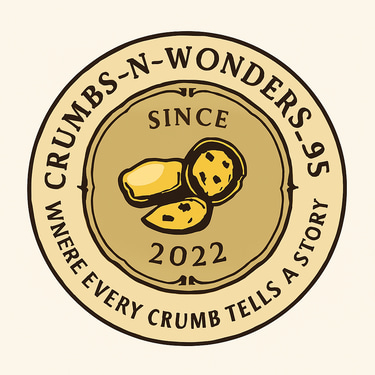The Aroma of Hope
When everything you've built crumbles, can a familiar scent lead you back to hope? One man's journey from despair to purpose through faith.
BACK IN THE DAY
Wandering Armenian
7/24/20254 min read


The Aroma of Hope
"You are my refuge and my shield; I have put my hope in your word." — Psalm 119:114 (NIV)
The key felt foreign in his trembling fingers—this house that once held his laughter, his dreams, his mother's birthday and family night songs. Twenty years. That's how long it had been since Yusuf Zeda had walked through these rooms, and now, standing in the doorway, he wondered if coming home was the biggest mistake of his life.
He knew that feeling. (Don't you?) When the place that should feel like sanctuary feels like a tomb instead.
The floorboards groaned their familiar greeting as he dropped his single duffel bag everything, he owned now fit in one worn canvas sack. The overseas ministry that had been his calling, his identity, his entire adult life, had dissolved overnight. Financial scandal. Betrayal by trusted colleagues. Families he'd served for decades, now unreachable behind political barriers he couldn't cross.
He slumped onto the front porch bench where his father used to read aloud every Sabbath evening, where his mother would hum while shelling peas. The wood was weathered now, splitting in places, much like his own heart.
Have you ever sat in a place where love once lived, feeling like a ghost of your former self?
"What now, God?" The words escaped as barely a whisper. "I'm fifty-three years old. I gave You everything, and now..." His voice broke. "Now I have nothing."
His eyes fell on something he'd forgotten—his old study Bible, still sitting on the porch table after all these years. The leather cover was cracked, pages yellowed and curled at the edges. He opened it randomly, desperate for anything that might feel like direction.
"You are my refuge and my shield; I have put my hope in your word." — Psalm 119:114
He read it again. Then again. My refuge. My shield. My hope.
That's when the wind shifted, carrying something that made him freeze mid-breath. Wallah, it was Rugelach. That buttery, cinnamon-sweet pastry his mother made every Friday. The aroma wrapped around him like her arms used to when he'd come home scraped kneed from playing. He stood, following the scent like a man walking in his sleep, over to the house next door—the old Goldstein place.
A small wooden sign hung on the garden gate: "Neshamah Kitchen -Soulful Bakes & Stories."
When was the last time you followed your nose toward something that felt like hope?
The woman who answered his knock had flour in her dark hair and warmth in her brown eyes—the kind of person who made you feel seen before you even spoke.
"Shalom," she said. "You must be our neighbour who just returned."
"I... how did you know?"
"Small neighbourhood. Word travels. And you have that look—like you're trying to remember how to breathe. Come in. I'm Sarah Hanook."
Her kitchen was alive with activity. Children rolled dough at a small table while teenagers frosted cupcakes nearby. An elderly man read from a worn prayer book in the corner while soup simmered on the stove. It wanted to step into a Norman Rockwell painting, just imagine, if Norman Rockwell had been Jewish and lived next to your childhood home.
Sarah placed a warm rugelach in front of him, and with the first bite, Yusuf's carefully constructed walls crumbled. He wasn't just tasting pastry—he was tasting memory, belonging, the possibility that maybe he wasn't as alone as he thought.
"This kitchen," Sarah explained, settling beside him with her own cup of tea, "isn't really about the baking. It's about the souls who need feeding. Some come for bread, some for company, some for prayer. All leave knowing they matter."
Isn't that what we all need? To know we matter?
Over the following weeks, Yusuf found himself drawn back to Neshamah Kitchen like a moth to flame. First as a visitor, then as a volunteer. His hands, once steadily holding medical supplies in refugee camps, learned to knead challah dough. His heart, once focused on grand international missions, discovered a profound purpose in teaching a ten-year-old how to measure flour.
Every gathering began with Scripture. One evening, Yusuf chose his verse:
"You are my refuge and my shield; I have put my hope in your word."
As he spoke those words aloud—surrounded by the laughter of children, the gentle conversation of neighbours, the sweet aroma of fresh bread—understanding dawned like sunrise after the longest night.
Hope hadn't abandoned him. It had been quietly preparing a new chapter, one that began not with grand plans but with the simple act of opening a door to a stranger carrying the scent of home.
"You know," Sarah said later as they cleaned flour from the counters, "Mrs. Goldstein used to bake rugelach every Friday too. She always said the smell was God's way of calling His children home."
Maybe that's exactly what it was.
Six months later, Yusuf had moved into the small apartment above Neshamah Kitchen. His days were filled not with international travel and strategic planning, but with morning prayers, afternoon baking sessions, and evening conversations that mattered more than any conference he'd ever attended.
The ministry he'd lost overseas had served thousands. This kitchen served dozens. Yet somehow, in the mathematics of the heart, it felt infinitely more significant.
Because sometimes coming home doesn't mean returning to what it was. Sometimes it means discovering what was always meant to be.
Reflection
When life strips away everything we thought defined us, God's Word remains our unchanging foundation. Like Yusuf, we may find ourselves spiritually homeless, questioning our purpose and value. Yet Scripture promises that God Himself is our refuge and shield—not our circumstances, achievements, or plans. Hope often arrives not as a dramatic rescue but as a gentle invitation: the aroma of something familiar, an open door, a chance to serve in ways we never imagined. True renewal comes when we stop trying to rebuild what was and start embracing what God is calling us toward. Our next chapter may be written in flour and friendship rather than boardrooms and strategies—and it may be exactly what our souls have been hungry for all along.

